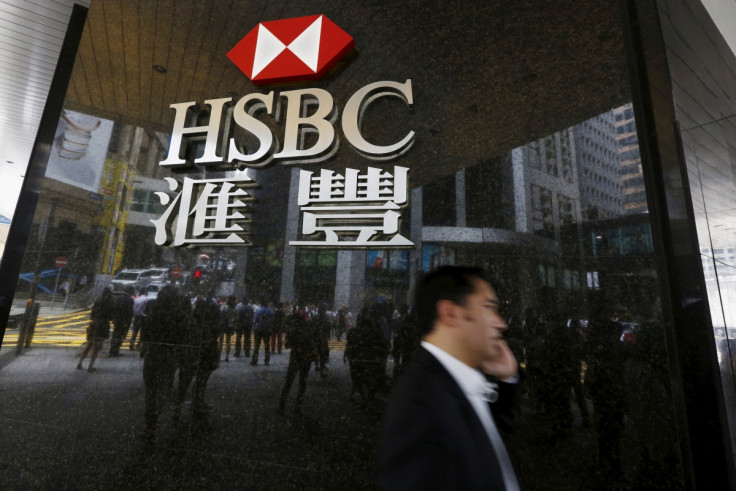Drug money laundering: HSBC sued by families of US citizens murdered by Mexican cartels

Family members of Americans killed by Mexican drug cartels are suing HSBC for allowing the gangs to launder billions of dollars. The families have claimed that the money laundered through the bank was earned via crimes, such as murder and torture of US citizens.
According to a complaint filed in the Texas federal court: "As a proximate result of HSBC's material support to the Mexican drug cartels, numerous lives, including those of the plaintiffs, have been destroyed. Thus, by facilitating the laundering of billions of dollars of drug cartel proceeds through its banks, HSBC materially supported the terrorist acts of cartels."
The complaint read: "Without the ability to place, layer and integrate their illicit proceeds into the global financial network, the cartels' ability to corrupt law enforcement and public officials, and acquire personnel, weapons and ammunition, vehicles, planes, communication devices, raw materials for drug production and all other instrumentalities essential to their operations would be substantially impeded."
The current lawsuit is in relation with crimes that occurred in 2010. They include the case of Rafael Morales Valencia, who was abducted along with his uncle and brother – on his wedding day. The trio were later tortured and killed. In another instance, Lesley Enriquez Redelfs, an employee serving with the US consulate office in Ciudad Juárez, was shot dead along with her husband by the Juárez cartel.
Plaintiffs have claimed that HSBC is liable under the US Anti-Terrorism Act, which states that surivors of those killed in terrorist incidents may sue for damages. However, none of the Mexican drug cartels are officially classified as terrorist organisations by US authorities.
The complaint claims that by facilitating the laundering of billions of dollars of drug cartel proceeds through its banks, HSBC "materially supported the terrorist acts of cartels." This is not the first instance that HSBC has been linked with Mexican cartels. In 2012, it was accused of failing to stop the laundering of $881m (£606m, €781m) of drug money. The bank had then apologised and paid more than $1.9bn to US authorities for its failure to implement the anti-money laundering rules.
As part of the 2012 deferred prosecution agreement in the US, the Financial Times said HSBC had acknowledged compliance failures and ignoring red flags in its Mexican operations. Plaintiffs in this new lawsuit have seized on admissions that HSBC was considered the "preferred financial institution for drug cartels and money launderers", who used "specially shaped boxes", to move cash through the banks' teller windows.
Gareth Hewett, a spokesman for the bank said that it would defend itself against the current lawsuit and added that "[the bank is] committed to combating financial crime. We are and have taken strict steps to help keep bad actors out of the global financial system".
© Copyright IBTimes 2024. All rights reserved.





